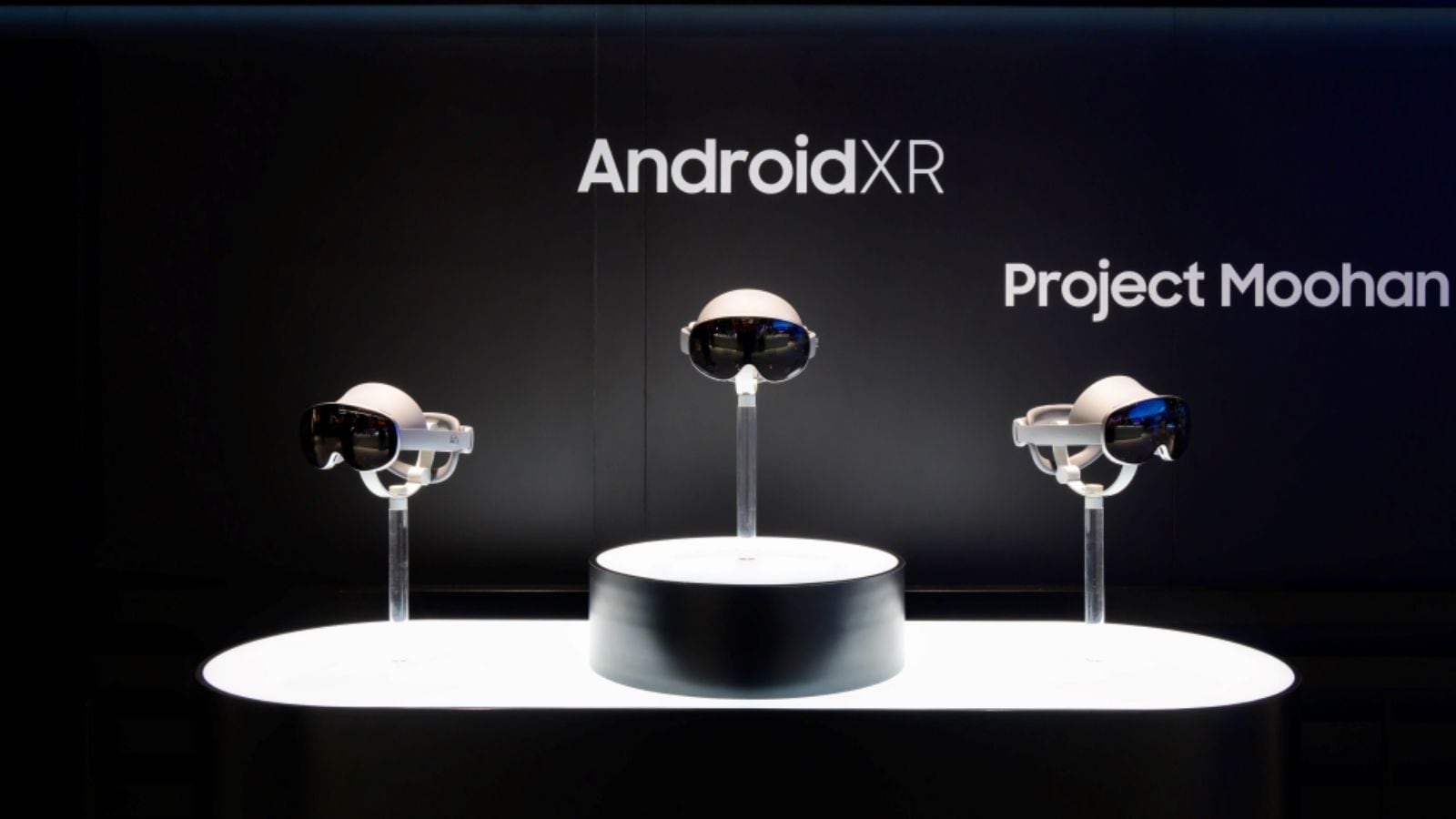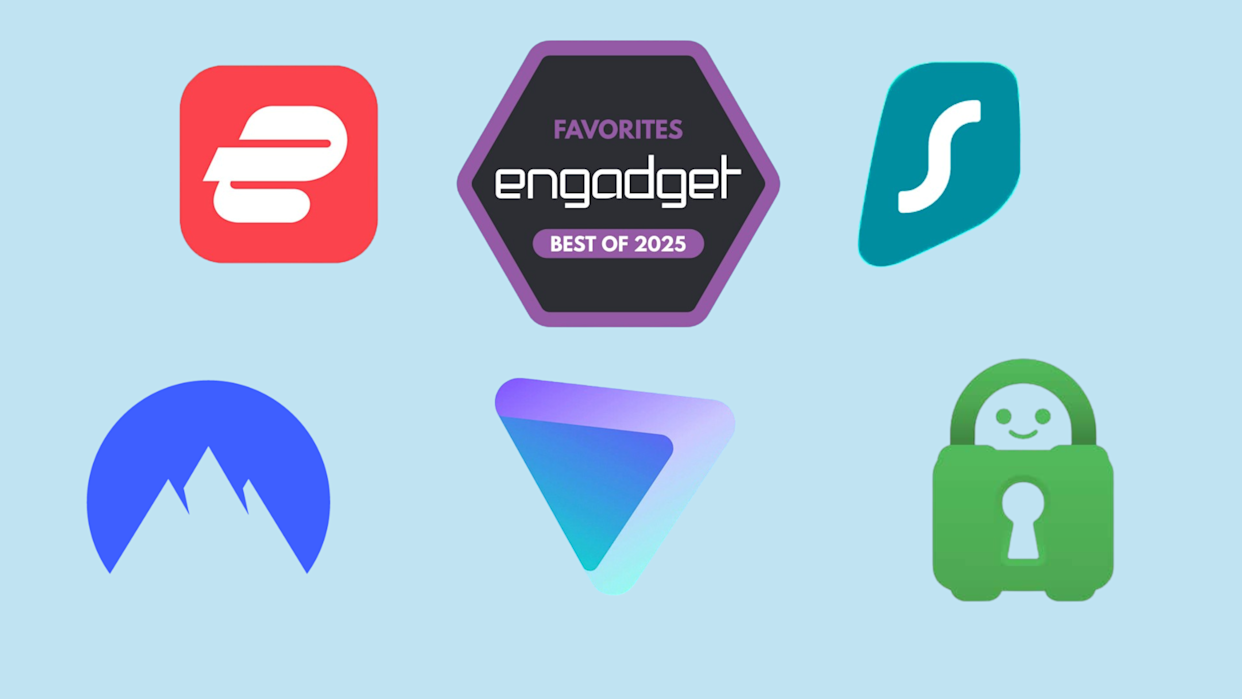
Samsung Galaxy XR Headset: Android XR Challenger to Apple Vision Pro in 2025
Samsung Electronics has officially entered the extended reality market with the Galaxy XR headset, unveiled on October 21, 2025. This Android XR device brings together virtual reality and mixed reality capabilities, powered by partnerships with Google and Qualcomm. At a competitive price of $1,799, it positions itself as a direct rival to Apple’s Vision Pro, which costs nearly double.
In a market dominated by Meta and Apple, Samsung’s entry leverages AI innovations to make XR more accessible. This post explores the Galaxy XR’s features, how it stacks up against competitors, and its potential impact on the evolving world of wearable computing.
What Is the Samsung Galaxy XR Headset?
The Galaxy XR is Samsung’s first major push into head-mounted displays, codenamed “Moohan” or “infinite” in Korean. Developed over the past decade, with active collaboration starting four years ago, it combines immersive VR for entertainment with mixed reality for real-world interactions.
Built on the new Android XR operating system, the headset integrates seamlessly with Google services like YouTube, Google Photos, and Google Maps. It is designed for both consumer and enterprise use, offering a blend of gaming, video streaming, and productivity tools enhanced by AI.
Key Features of the Galaxy XR
Samsung packed the Galaxy XR with innovative features that set it apart in the XR space. Here are the highlights:
- Mixed Reality Immersion: Seamlessly blend virtual elements with your surroundings, allowing users to watch videos or play games while staying aware of their environment.
- Google Gemini AI Integration: Circle objects in your view for instant analysis, directions, or information. This multimodal AI processes text, photos, and videos for contextual insights.
- High-Performance Hardware: Powered by Qualcomm’s Snapdragon XR2+ Gen 2 chip, it delivers smooth performance for demanding applications.
- Bundled Services: Early buyers get 12 months free of Google AI Pro, YouTube Premium, Google Play Pass, and exclusive XR content.
These elements make the headset versatile for everyday users, from casual gamers to professionals needing augmented workflows.
Strategic Partnerships Powering the Galaxy XR
Samsung’s success hinges on its collaborations. Google provides the AI backbone through Gemini, enhancing apps and creating new immersive experiences. Qualcomm supplies the cutting-edge chip, ensuring compatibility with Android ecosystems.
Executives from both companies emphasize AI’s role in unlocking XR’s potential. As Google’s VP of AR/XR Sharham Izadi noted, future devices like lighter eyeglasses are in development, with partnerships including Warby Parker and Gentle Monster for stylish options. This long-term strategy aims to evolve beyond bulky headsets.
How Galaxy XR Compares to Apple Vision Pro and Meta Quest
The XR market is competitive, with Meta holding 80% share and Apple trailing. Samsung’s Galaxy XR targets premium users with a more affordable entry point. Here’s a side-by-side comparison:
| Feature | Samsung Galaxy XR | Apple Vision Pro | Meta Quest 3 |
|---|---|---|---|
| Price | $1,799 | $3,499 | $499-$649 |
| OS/AI Integration | Android XR with Google Gemini | visionOS with Apple Intelligence | Meta Horizon OS |
| Key Strength | AI object analysis, bundles | High-res displays | Affordable VR gaming |
| Availability | October 21, 2025 | Available since 2024 | Widely available |
| Market Focus | Mixed reality, enterprise | Premium spatial computing | Consumer VR |
While Apple’s device excels in display quality, Galaxy XR adds significant value through Google’s AI, estimated at $1,000 in software enhancements. Against Meta, it offers superior AI for real-world utility.
Pricing, Availability, and Getting Started
The Galaxy XR launches at $1,799, making it half the price of Apple’s Vision Pro. It becomes available starting October 21 in the US and October 22 in Korea, with global rollout to follow.
To get yours:
- Visit Samsung’s official site or authorized retailers.
- Check for bundle promotions including free AI services.
- Ensure compatibility with your Android devices for seamless syncing.
This pricing strategy could appeal to enterprise buyers, where analysts predict strong adoption.
The XR Market Landscape and Why Galaxy XR Matters
Despite hype, the VR/AR market faces challenges, with shipments expected to decline 20% in 2025. However, growth in lighter devices like smart glasses could reach $7.27 billion by next year.
Samsung’s entry, backed by Google and Qualcomm, injects fresh competition. It addresses past failures like Samsung’s Gear VR by focusing on AI-driven utility. For users, this means more practical XR experiences, from enhanced navigation to collaborative work.
OpenAI’s recent $6.5 billion acquisition of Jony Ive’s startup signals broader interest, but Samsung’s established hardware expertise gives it an edge.
Final Thoughts: Is the Galaxy XR Worth It?
The Samsung Galaxy XR headset marks a pivotal moment for Android in XR, blending affordability with advanced AI. If you are exploring mixed reality for productivity or entertainment, this could be the gateway device to watch.
Ready to dive in? Share your thoughts on Samsung’s XR ambitions in the comments. Will it topple Apple or Meta?



